Edward Finegan
Legal Interpretation via Corpora: Are Judges Failing Lexicography 101?
Abstract
Appellate court judges in the U.S., including those on the Supreme Court, increasingly cite definitions from general dictionaries in their written opinions addressing issues that litigants have appealed from lower courts. While judges’ cherry picking of dictionaries or of senses that appear to justify a predetermined conclusion is perhaps not surprising, recent research has highlighted the fact that opinions sometimes reflect judicial ignorance about how dictionaries are compiled, how senses are ordered within entries, even the fact that dictionaries differ in their micro-structural organization. In other words, some judicial opinions reflect inadequate knowledge of basic dictionary use. With the availability of a variety of corpora and increasing acquaintance with their use in legal settings, judges have recently begun citing corpus evidence, some of it manifestly ad hoc, in their opinions, and briefs filed before the U.S. Supreme Court have recently cited corpus evidence. These early stages of a move, if not away from dictionaries, certainly toward corpora in addressing questions of ordinary textual meaning in legal contexts should not leave observers sanguine. Despite possible advantages in relying on corpora and even occasional necessity (for example, in historical documents), no lexicographer or corpus linguist should regard this turn to corpora as an unalloyed blessing for judges seeking ordinary meaning of contextualized terms. This presentation identifies ways in which judges typically invoke dictionary definitions and the missteps they sometimes take. It also describes recent court opinions that rely on corpora instead of dictionaries and certain missteps apparent there. I will argue that the turn to corpora in pursuit of ordinary meaning in legal settings, if left solely to the courts and legal experts, will prove detrimental. The turn to corpora in legal settings calls for active involvement by lexicographers and corpus linguists to help ensure that such a turn improves upon the use of dictionaries as aids in striving for valid textual interpretation.




